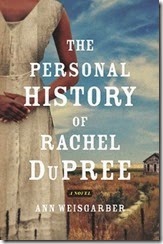Today I have the pleasure of welcoming Jeffrey Smith to The Maiden's Court. Jeffrey is one of the authors of the book, Mesabi Pioneers, with author Russell Hill. Today he brings us a guest post about the life of women on the range in one of the last real frontiers in the United States - Minnesota. I don't know about you, but I don't know much of anything about Minnesota, now or in the past. So, I am really looking forward to this post and this book.
Women on the Range
Guest Post by Jeffrey Smith, Co-Author of
Mesabi Pioneers

The Mesabi iron range in Northern Minnesota may have been one of America's last western frontiers. While life in the early days on the Mesabi was dominated by men--hardy men, rough men--there were women, too. In fact, it was women who made the Mesabi range the place it is now.
As I write in Mesabi Pioneers, men were the first settlers to come to Mountain Iron, the first mine on the Mesabi. They were men accustomed to being alone for long periods of time. Bigoted men who fought wars, who battled enemies, who sought solitude for any number of reasons.
As mining in the region took off immigrant workers flooded newly built towns. They were as culturally and ethically diverse as the continent of Europe: Finns, Swedes, Norwegians, Slavs, Cornishmen, Germans, Italians, Irish. Once they got settled they sent for their wives.
And the women came. Not just alone, but they brought their children, or their sisters, or their mothers. They came on the promise that their husbands and brothers and sons were living the American dream. The men had struck it rich, they believed, and so they left poverty, political instability, and ethnic repression, as well as everything they had ever known, to move to an unknown place in the dense Minnesota wilderness.
What these women found was not the luxurious life they had expected. They found their husbands and fathers working twelve hour shifts in the mines, out of the pits long enough to eat and sleep for a few hours before they did it all again. The homes they were offered, built by the mining companies, were often nothing more than shacks. In a place where winter temperatures dipped to thirty degrees below zero, thin, tar paper covered walls did little to protect their families from cold winter winds.
The rocky soil fought against the plow, and while the men were in the mines the women dug boulders out of the ground. They tilled the earth and planted seeds. They grew vegetables and herbs and cooked the recipes they brought with them from the old country.
Sometimes they worked themselves, as Minnie does in Mesabi Pioneers. Early mining camps operated kitchens near the mines so the men would not have to stray far from the work. As the mines grew, though, and as towns formed near them, mining camps became more like towns. The company called them Locations. The companies took less and less care of the men and began to treat them more like tools. There were so many immigrants willing to move to the Mesabi range, labor was cheap and replaceable. The burden of caring for the men, and of caring for the home and children--and, to some extent, the land itself--fell to the women.

They baked breads and cooked stews. They harvested the vegetables from their gardens and in the fall canned them so that when the winter came they would not want for food. They fished not for sport but for food and preserved catches of walleye and trout in barrels of salt. They hauled water from nearby lakes and streams in summer and in winter, and heated it over a fire so they could do the laundry. They sewed clothes for themselves, their husbands and their children. When the mines shuttered in winter, or when the men were laid off, the women continued to work. The labor of living never stops.
The women of the Mesabi Range built the communities that grew around the mines. These towns were both ethically diverse and culturally segregated. Outside the mines, Finns only mixed with Finns, Slavs with Slavs, Italians with Italians. They distrusted one another. There were historical reasons for some of the mistrust. Finns, for example, harbored an animosity towards Sweden which had ruled over Finland for centuries. When the Swedes gave Finland to Russia, the Finns had another ethnic group to distrust.
In many ways it was women like Minnie who began the process of bringing the different cultures together. They shared recipes with their neighbors. Finns learned to make Cornish pasties, a meat, vegetable and potato stuffed pie. Italians learned to bake Finnish cardamon bread. Slavs grew to love Italian almond cookies. They discovered that their cultures and people were not so different after all.
If America was the land of opportunity for the immigrants that flooded northern Minnesota in the late 19th Century, the women who came to build homes and raise families found satisfaction in a life "challenged by limits."* While it was men like Lon Merritt and Arthur Maki who helped bring the iron ore out of the ground, it was women like Minnie Maki who helped keep the men working. And who created the culture of the Iron Range that survives still to this day.
*Laitala, Lynn Maria, 1991. "Carrying the Burden: An Historical Reminiscence of Vermilion Range Women." Entrepeneurs and Immigrants, Michael G. Karni, ed. IRRRC P. 40-46.

Dr. Russell Hill was born and raised on Minnesota’s Iron Range. During World War II he served in Naval Intelligence, receiving several prestigious medals for his service. After the War he received his doctorate from the University of Minnesota and began a long and successful teaching career. Hill passed away peacefully in 2011, surrounded by his beloved family. He was 85-years-old.
Jeffrey Smith began his love of letters at fourteen on a Smith-Corona electric typewriter borrowed from his father. He is a full-time writer, homemaker and stay-at-home parent. He is also an accomplished distance runner, completing 16 marathons, seven 24-hour relay races, and multiple ultra-runs, including several 100-mile races.
Website | Facebook | Twitter
Mesabi Pioneers


Book Blurb:
In the early 1890s, a group of brothers discovered iron ore in the dense pine woods of northern Minnesota. Mesabi Pioneers tells the story of the immigrants who dug that ore out of the ground, who carved towns from trees, and who built new lives for themselves and their families.
Arthur Maki, a Finnish immigrant known for his carpentry skills, has been hired by the persuasive and poetic Leonidas “Lon” Merritt to join a crew of explorers in the forest. From this remote and formidable locale, Arthur must construct a camp and foster a community into which he can bring his wife and son.
The camp, which the Merritts call Mountain Iron, sits on what Lon believes to be a huge lode of iron ore. However, the rest of the world thinks the Merritts are crazy. While Arthur builds a camp with a Chippewa Indian everyone calls Charlie and a French-Chippewa fur trader named Richardson, the other members of the team explore the surrounding woods for more caches of iron. When a second lode is discovered at Biwabik, Arthur and the rest of the crew know the finding is real. And the iron mining world knows it, too.
As the mine gets deeper and mining operations expand, the camp crowds with a diversity of ethnic and cultural groups. Tragedy strikes in ways large and small. And it is from the ashes of destruction that Arthur finds the community he has been seeking.
Read an Excerpt!
Buy the Book: Amazon | Barnes & Noble | IndieBound | Mesabi Project Website
Watch the Trailer!
Follow the Tour!

On Twitter: #MesabiPioneersBlogTour #HistoricalFiction
HFVBT Tour Page

Copyright © 2015 by The Maiden’s Court
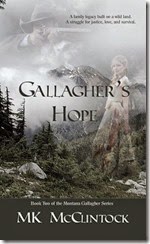



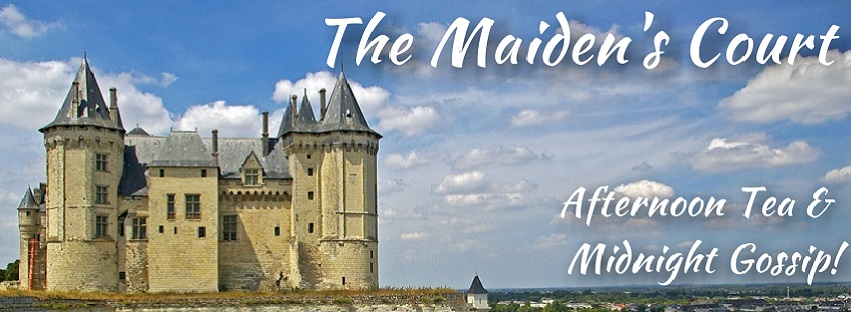
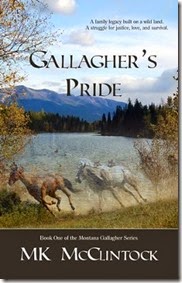


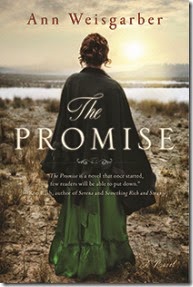
![islandmap-sm[1] islandmap-sm[1]](http://lh3.googleusercontent.com/-QaZQBofz_3Y/VUTp9KAMlSI/AAAAAAAANmA/TWw7ow6wyEQ/islandmap-sm%25255B1%25255D_thumb.jpg?imgmax=800)






